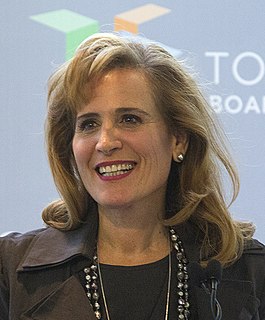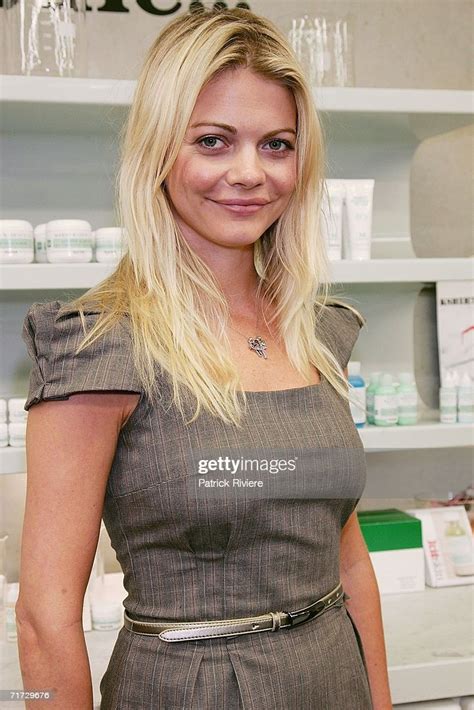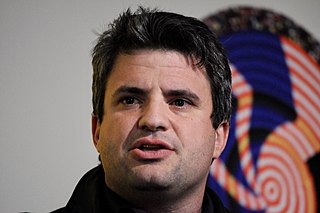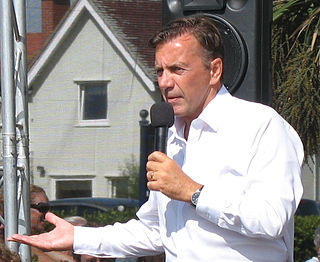A Quote by Roxane Gay
Violence is a common part of far too many women's lives.
Related Quotes
Although I haven't experienced violence in a relationship, I know that two women every week in England and Wales are killed by their partner or ex-partner, and that unless we act now, many more women will die because of domestic violence. We must speak out now against all forms of domestic violence, not only physical abuse but also the emotional, sexual and financial abuse which means that many women are afraid to be at home with their partner.
There are many feminists who work in the media, and they think that feminism is very important. It is in their own lives, but mostly feminism has had an impact among privileged women in the advanced Western countries. For the most part, it hasn't begun to touch the lives of poor and working women in the Third World, and that distresses me.
I have been working with Women's Aid since 2003 when I became the charity's first Ambassador, and am so pleased to be able to be a part of the 'Real Man' campaign against domestic violence. I studied domestic violence at university and feel passionately that we need to raise awareness of violence against women and children and refuse to ignore it. Just by speaking out against domestic violence and being supportive of those directly affected we can all make a positive difference.






































